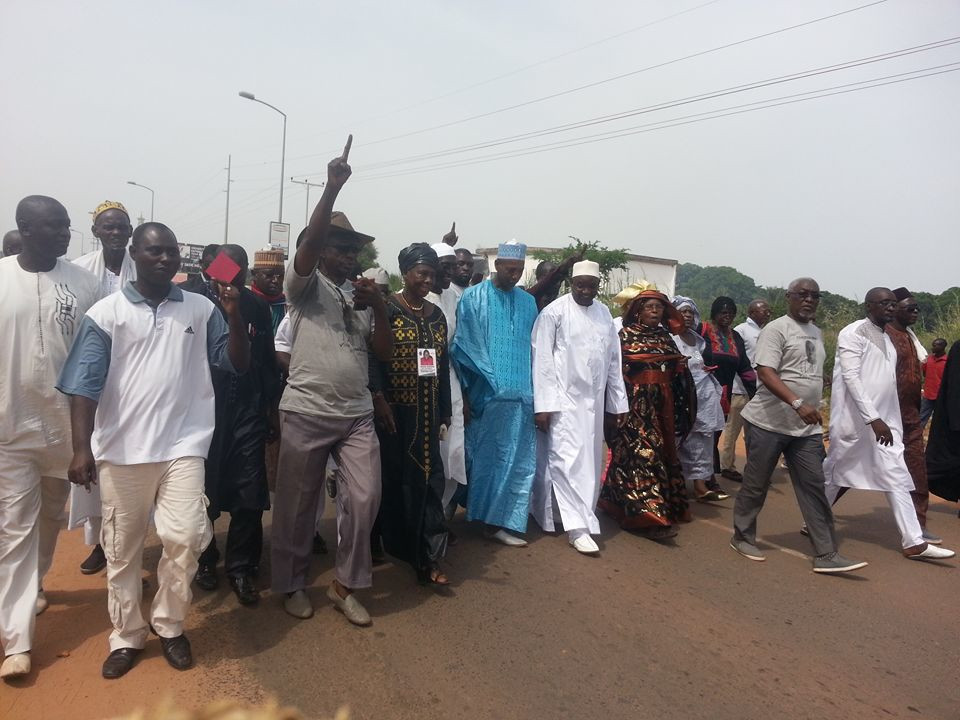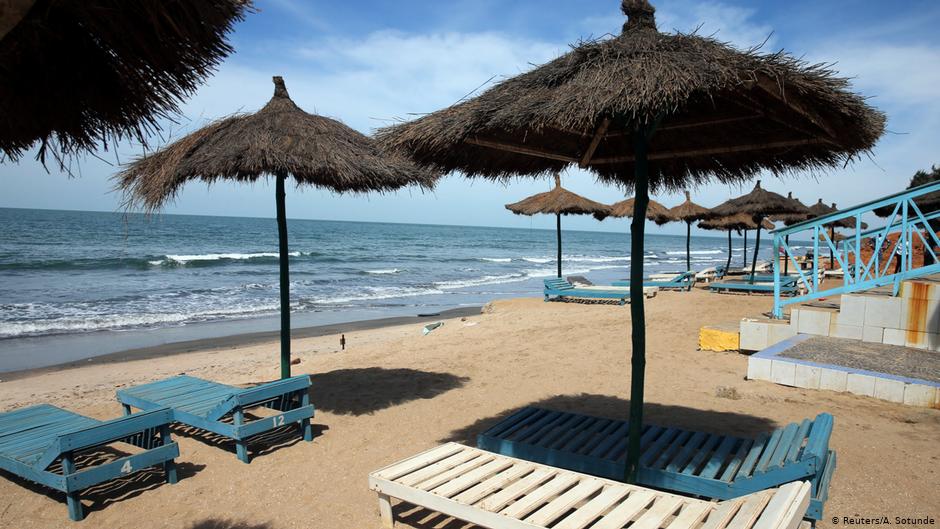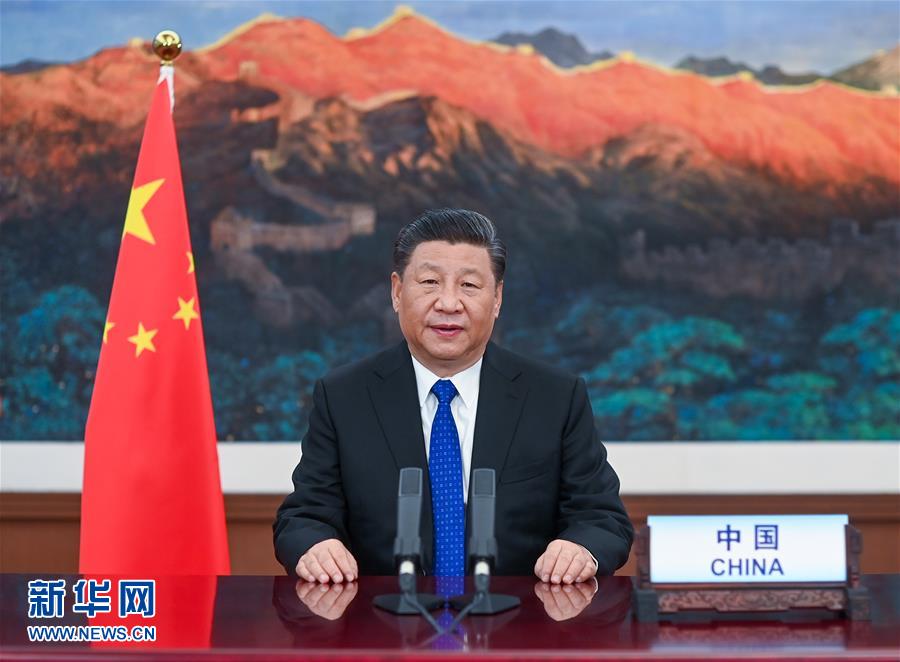It’s been nearly three years since the Gambia peacefully booted out a dictator through democratic elections. This act alone catapulted this small country on to the world stage, and overnight became a darling of the world and with that came lot of goodwill from the international community, such as the European Union including the multilateral agencies including UNDP.
But one message that I keep hearing from all these agencies and friends of this small, but great country is that for The Gambia to make a leap in to a fully fledged democracy, the onus lies on its people to unite in diversity and undertake the rewarding, but difficult task of nation building in the context of political pluralism. This would require us all to tighten our belts and craft and nurture and cherish the democracy and open society we all yearn for.
On the eve of the official inauguration of Mr Adama Barrow, ushering us in to the new dispensation I did point out to a colleague that we are about to usher in a very difficult period , given that democracy though the best system of governance so far, but very difficult in practical terms. I based this assertion on the experience gathered as a student in the former USSR (1990- 1996), where I witnessed firsthand the trials and tribulations as people soldier on with the task of transiting from authoritarianism to democracy.
The experience was very insightful and did provide me the opportunity to take a long hard look at democracy and the efforts of a people to come to terms with this thing called democracy following the collapse of the Soviet Union and with it the experiment in socialism at least the Soviet model of socialism.
I gathered some lasting impressions and these serve as an inspiration for me to pen series of articles published by the major newspapers entitled “Transition from authoritarianism to Democracy- Another perspective and lessons for the new Gambia”.
In these articles I did try to highlight the challenges of transition to democracy from a practical perspective in the areas of good governance, security sector reform, the role of information and the media in general and the need for all inclusive and participatory democracy, where everybody counts.
I did emphasized the need for the current authorities to pay serious attention to bread and butter issues, given that the democracy dividend needs to be felt soonest rather than later. I did point out that the foot soldiers and the vulnerable segments of society who were decisive in effecting the change through their vote care less about the trappings of power and the nitty gritty of governance, but want their bread and butter issues addressed.
I must admit that since then a lot of water has passed through the bridge and serious and tangible efforts are being deployed by those in power to address the needs of the citizenry in a democratic context. The National Development Plan has been rolled out, but I have the impression that tackling the “bread and butter” issues is a work in progress and the bag of rice and price of basic commodities remain on the high side.
The other key issue raised was the need to institute serious and holistic reforms as these relate to the civil service and the security sectors, given that dictatorship affects all levels of society and given that the security sector is part of society and very sensitive, particular attention has to be paid to this front.
The other issue underscored was the need for candour and free and correct flow of information as post authoritarian societies are usually very information hungry, thus the need for the new authorities to communicate often to the public to explain the new dispensation and that is “democracy does not mean anarchy and rights do come with responsibilities”.
Major steps have been taken to address this critical area at the highest level and both the print and electronic media have risen to the challenge and are revisiting content to reflect the new democratic order. A spokesman for the Government- my own childhood friend has since been appointed to explain government policy and programmes in a more coordinated and organized fashion.
In the foreign policy front the policy of isolationism (Jammehism) has been reversed and the Gambia has eventually taken her rightful place in the comity of nations, this is manifested by the brisk relationship that has been forged at both bilateral and multilateral levels and the icing on the cage in my view include our return to the Commonwealth family.
The Constitutional Review Commission is busy at work to craft a living constitutional blueprint for The Smiling Coast, while the TRRC is uncovering the stories, faces and underlying currents behind the atrocities of the Jammeh era. Invariably, by all indications the Gambia is on the move in its transition to democracy.
However, a disturbing trend has been observed and this is the rise of hate speech and tribalism mostly by the foot soldiers of the various political parties, but of late even the well informed have joined the fray and are using various platform including the trendy social media platform and FM Radios.
For this small country of less than two million people, where everyone tends to be related to the other, this is suicidal and I urged the relevant authorities to come up with the right measures to curb these unfortunate ills which are slowly but surely creeping in – the hangover from 22 years of authoritarianism. We need to nip these ills in the bud otherwise there is tendency to derail our forward march to a more inclusive and democratic society.
Lest we forget even the dictator did point out the need for peace and stability as a sine qua non for progress and development. Lest we forget we have ethnic groups in this country and not tribes.
As expected transiting from authoritarianism to democracy has not been a child’s play and certain hangovers of the recent past have started rearing their ugly heads in our NEW GAMBIA and the catalogue of emerging ills include resurgent tribalism, emphasis on mediocrity and politics of patronage, deception, and sadly politics is increasingly being seen as a zero sum game – “you are either with us or you are with the devil.’.
This is most unfortunate given the small size of the country, where everyone tends to be related. According to one social commentator, “it is utterly sad and demoralizing to realize that our politics and governance have been reduced to demagoguery and sensible, smart and issue based debates are crumbling under the weight of tribal sentiments before our eyes”.
Imagine a senior member of the Executive of the Republic of The Gambia, an award winning civil society activist and civil society beacon, using the floor of the National Assembly – the national citadel to think, debate and argue constructively for the good of the nation, to famously utter words to the effect that a restive region of this country could not be taken seriously given that during the days of former president Jammeh, this region had received most favored status and with it perks and priviledges. With sectionalism, tribalism and bad governance slowly creeping in our body politic, not to mention the dark clouds looming in the horizon occasioned by the controversy surrounding the duration of the transitional period and all the noise emanating from the Three Year Jotna camp, not to mention all the controversies engendered by the Government White Paper on the Janneh Commission, the timing and setting for such utterance could not be any inappropriate and she should have known better.
Invariably we must all bear in mind that democracy is a noisy system and agreeing to disagree the norm. However it is prudent for consensus and high degree of transparency and uprightness guide our actions and decision making at the top, given that bickering and perceptions of incompetence and moral laxity at the highest level of governance undermines people’s confidence in the governors.
As such the reforms of the state organs and vital institutions such as the security services should go in tandem with really weeding out bad laws, bad individuals with “tainted historical baggage,” to lay the foundation of enduring democracy. It is worth pointing out that the reforms should go beyond semantics to tangible operational and structural reforms.
It has been pointed in another piece that “dictatorship thrives on mediocrity, and this must be tackled in a robust way by instituting once more a merit based civil service and inject meritocracy in all levels of the national discourse and endeavour”. Besides, autocracy thrives on fear and ignorance, therefore it is imperative for the citizenry to be empowered with the right know- how to cultivate and nurture peace and extend the boundaries of pluralism , “celebrate diversity of our peoples” and only by taking civic education a notch higher coupled with effective and robust leadership can this be attained. The press too have a vital role in this regard.
According to the former UN Resident Coordinator in The Gambia Ms. Ade Mamoyanyane Lokoetje “a nation is built by its people. Gambians have to work together to make sure that the peace that we have initiated is nurtured. We must ensure that it is sustained and stays with us forever. Peace is not easy to build and once we built it, it must be nurtured in order for it not to disintegrate”. As pointed out in one tourist guide book “The Gambia is a small country populated by over 5 ethnic groups all living harmoniously in mixed communities. The people are open and friendly and Gambians are recognized all over the world for their spontaneous warm smile, their peace loving nature and their hospitality’
Lest we forget, The Gambia is the Smiling Coast of Africa and our tourism brand hinges on the peaceful disposition and conviviality of the Gambian people, who are very friendly and ever ready to share their heritage with visitors.
By Lamin Saho Tourism and Marketing Consultant.




